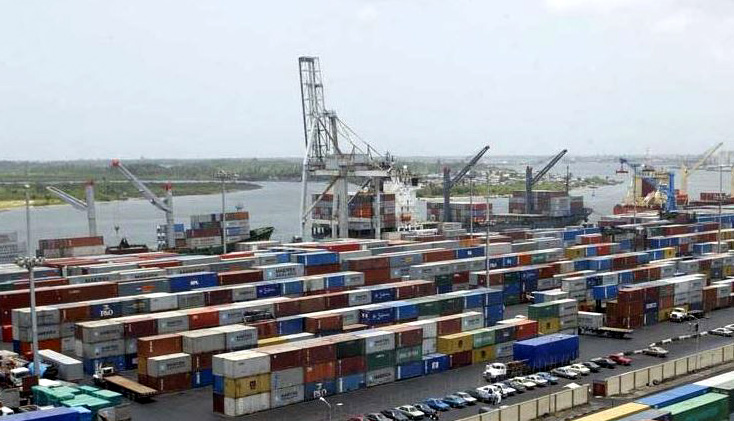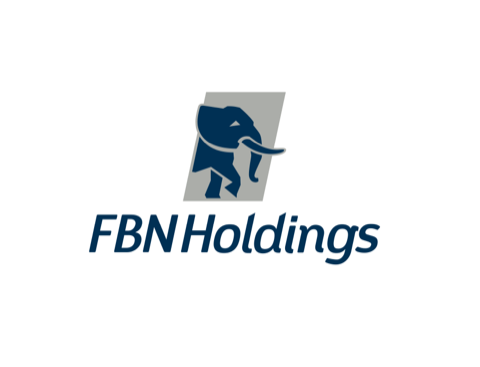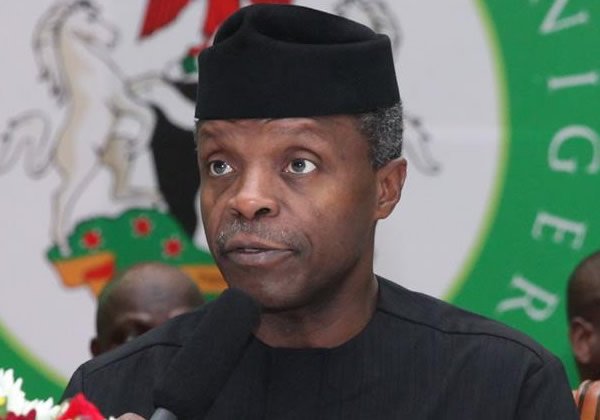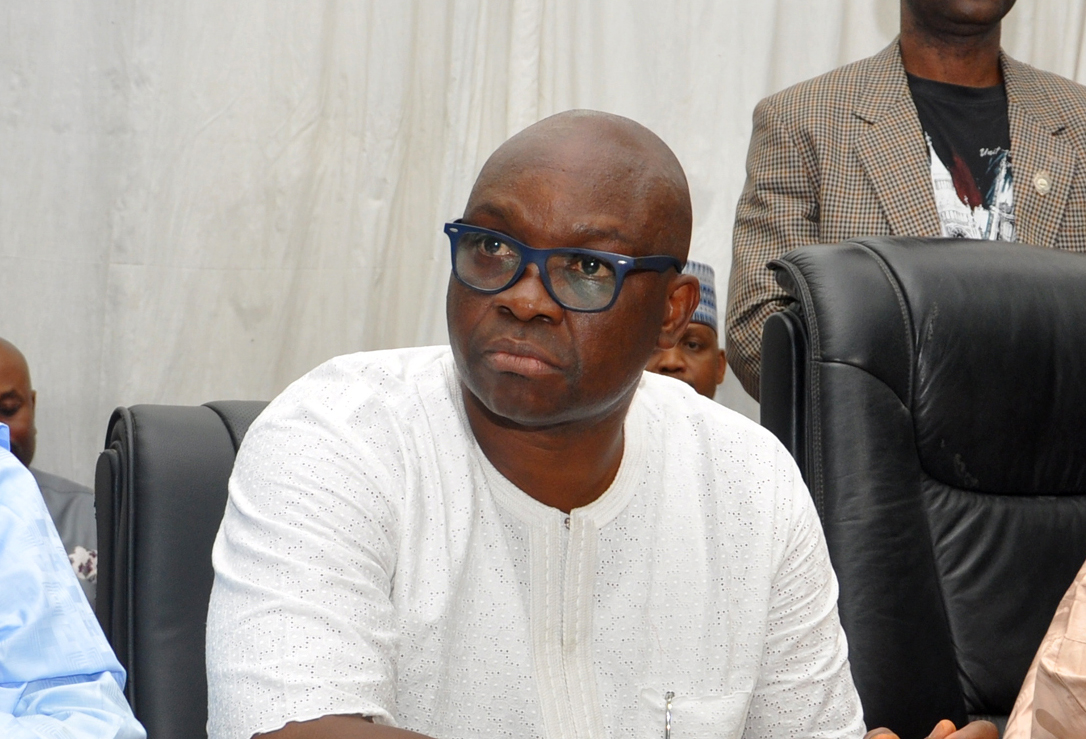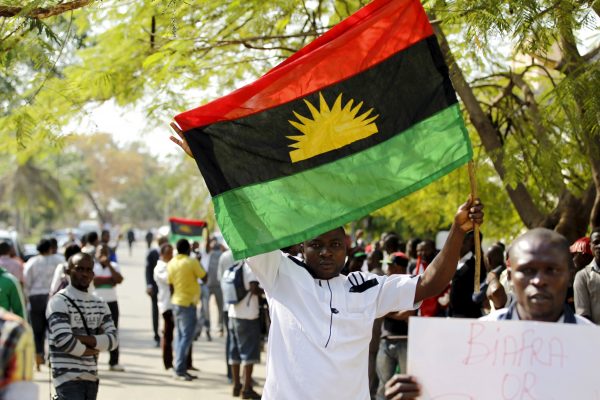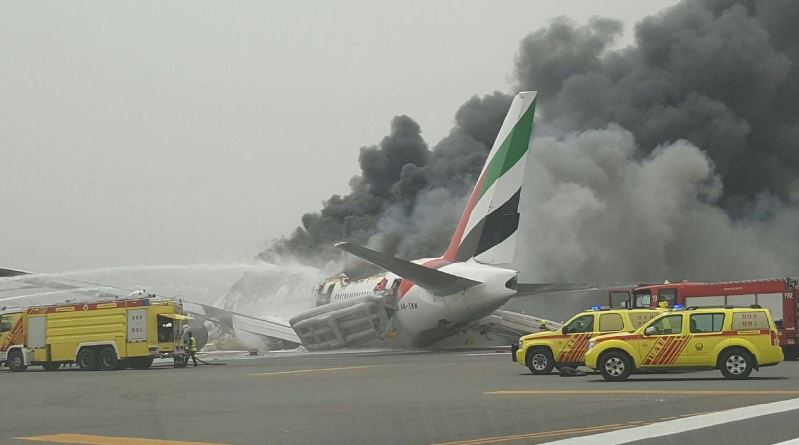United Capital, a financial and investment services firm, says the modest gains made in battle against Boko Haram could be lost if the President Muhammadu Buhari-led administration does not fix the economy.
The investment banking firm also said the naira, based on current realities and projections will eventually settle at 360 to a dollar at the interbank market, by the end of 2016.
In its research outlook for the second half of 2016 titled ‘Misty Cloud on the Recovery Path’, United Capital said Buhari’s ratings has dropped below 40 percent, after a “short honeymoon”.
United Capital, a former member of the United Bank for Africa (UBA) Group, acknowledged the gains made so far in the battle against Boko Haram, but raised caution over other forms of violence across the country.
Advertisement
“Despite significant progress in the fight against the Islamic sect (Boko Haram) in the northern region of the country, there are cases of alleged politically motivated killings and kidnappings,” the research firm said.
“Violent clashes between locals and herdsmen in multiple parts of the country as well as resumption of ferocious pipeline vandalization which impacted oil production via a series of force majeure by the IOCs introduced a new and worrisome dimension to the country’s insecurity challenges.
“These, together with policy delays (which we highlighted earlier), imbalance in the FX market and its implications for inflation, impacted growth for much of the first half of the year”.
Advertisement
United Capital said the “modest gains from fight against the Boko Haram sect may eventually disappear and prove of little value if slowing economic activities continues to drive unemployment, leading to higher crime rates and insurgence”.
“Overall, while the Buhari-led administration made some progress in H1 on two key mandates – tackling insecurity and promoting an anti-graft campaign, the economic leg of his core deliverables continues to lag.
“It is against this back drop that we think the issues currently facing Nigeria cannot be tackled on an ‘either-or’ basis and will require a more holistic approach to make significant progress especially within a context of a much firmer and clearer fiscal and monetary policy framework”.
The research,which was co-authored by Kayode Tinuoye, head of research at United Capital, projected Nigeria’s inflation rate to hit a maximum of 18.5 percent, while pegging gross domestic product (GDP) growth negative 1.2 percent.
Advertisement
Add a comment

